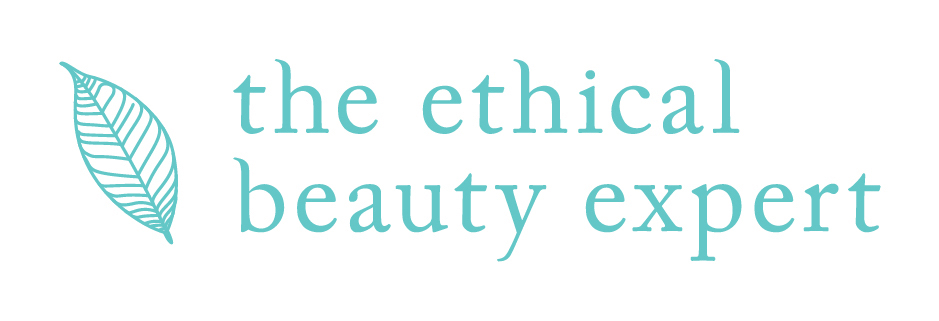I personally could not understand what the fuss was all about. Why are Gua Sha so popular?
Why was everyone running out to buy Gua Sha’s?
With the never-ending run of gadgets hitting the market with crazy prices on them, I just could not see why I should even look at these.
Then a friend who like me is into everything health and beauty started raving about how wonderfully well they work – so I decided to research them.
I found out that they have been used for thousands of years by the elite women of ancient Chinese dynasties – Gua Sha is one of the oldest recorded forms of traditional Chinese medicine TCM – it dates back 2000 years.
Gua Sha practices can in actual fact be traced by to the Paleolithic Age where hands or stones were rubbed on various parts of the body in an effort to alleviate pain and or symptoms when people felt sick or became unconscious.
During the Chinese Ming Dynasty (1368 – 1644) it came into its own – depending on your social status – depended on what you used.
If you were a empresses or a concubine you would predominantly use jade to scrape your face and body – whilst others used copper, horns of animals, pointed stones and various metals as a form of Gua Sha.
What does Gua Sha mean?
Gua is defined as scraping away illness.
The body is scraped with jade, pink quartz or other material over and over again activating the flow of Qi and to activate blood circulation to dissipate blood stasis.
In Chinese the term Gua is defined as stroking, whilst the term Sha refers to the reddish petechiae or red purple spots that appear on the skin caused due to the quite aggressive stroking used on the skin.
The reason for the aggressiveness is to push the toxins and illness to the surface of the skin.
Gua sha can be used to treat, alleviate, and heal chronic degenerative diseases such as migraines, shoulder and back pain, menstrual disorders, insomnia, hypertension, vertigo, chronic infections, sciatica, rheumatoid arthritis and much more,”
How do we use it for beauty treatments today?
Today Gua Sha stones in western medicine are generally used for beauty treatments on the face and cellulite treatments on the body.
The treatment is a lot gentler as we now know that you do not need to inflict pain to achieve results (except if you are a body builder!).
Gua Sha is still used to increase circulation and therefore improves the brightness and radiance of the skin. But it is now also used extremely efficiently to detox the face and body via its lymphatic system.
Most of the Gua Sha movements we use today are to stimulate lymphatic drainage. Why are Gua Sha so popular?
Lymphatic drainage is the process of removing fluid from the body’s lymph nodes using massage. The lymphatic system doesn’t have its own “pump” and relies on the movement of the body to get it working.
As we don’t move our facial muscles as often as we would other muscles, Gua Sha is a wonderful method for stimulating the lymphatic system.
By cleansing the lymphatic system with the Gua Sha – toxins are removed from the skin reducing puffiness, eliminating the stagnant blood and bacteria so extremely helpful in clearing acne – even cystic acne.
Because it stimulates blood flow and removes toxins, using a Gua Sha promotes plumpness of the skin and reduces puffiness and inflammation.
Added benefit it stimulates collagen growth by bringing fresh blood to the collagen cells, and through massage – removes dead collagen cells – or Zombie cells (but that is another article).
When you use your Gua Sha tool with a serum or oil such as the Everything Skin Oil not only does it help the Gua Sha to slide over the skin – but it also increases the skin’s absorption of the product. This ultimately helps you make the most out of your product and get maximum nutrient absorption! And there are sooooo many goodies in the Everything Skin Oil!
For acne and oily skin sufferers – the Gua Sha promotes the purging of excess oils and sebum from the skin, helping to prevent acne and breakouts – sometimes whilst you are working the tool over your face you will see white and black things on your face – that is the excess dead skin cells, sebum and blackheads being massaged loose – just cleanse your face with a warm organic muslin skin cloth afterwards – or massage the Everything Skin Scrub into the skin for smoother and even “ glowier” skin! (I know that’s not a word – but wait till you do it and see what I mean!).
Need personal help getting this right?
Book a glowing skin consultation and I will take you through the steps (minus the breasts for obvious reasons lol)
Yvette xx
Thank you for reading my blog!
Hi!
I am Yvette van Schie, I am a holistic beauty therapist, skin nutritionist, skincare developer and makeup artist. I am passionate about sharing real beauty advice with a whack of reality.
For over 30 years I have worked with the best in the beauty and health industry as a trainer, educator and product formulator and I still do – so my knowledge is diverse – I am not blinkered when sharing my information with you because everyone I speak to shares what they know, and I turn it into easy to digest information because I want my readers to feel empowered to make their own decisions and to feel that they are fully in control of their beauty and well being.





